Crosscurrents with Zakir Hussein at the Balboa Theatre – Musical Lightning Captured in a Bottle
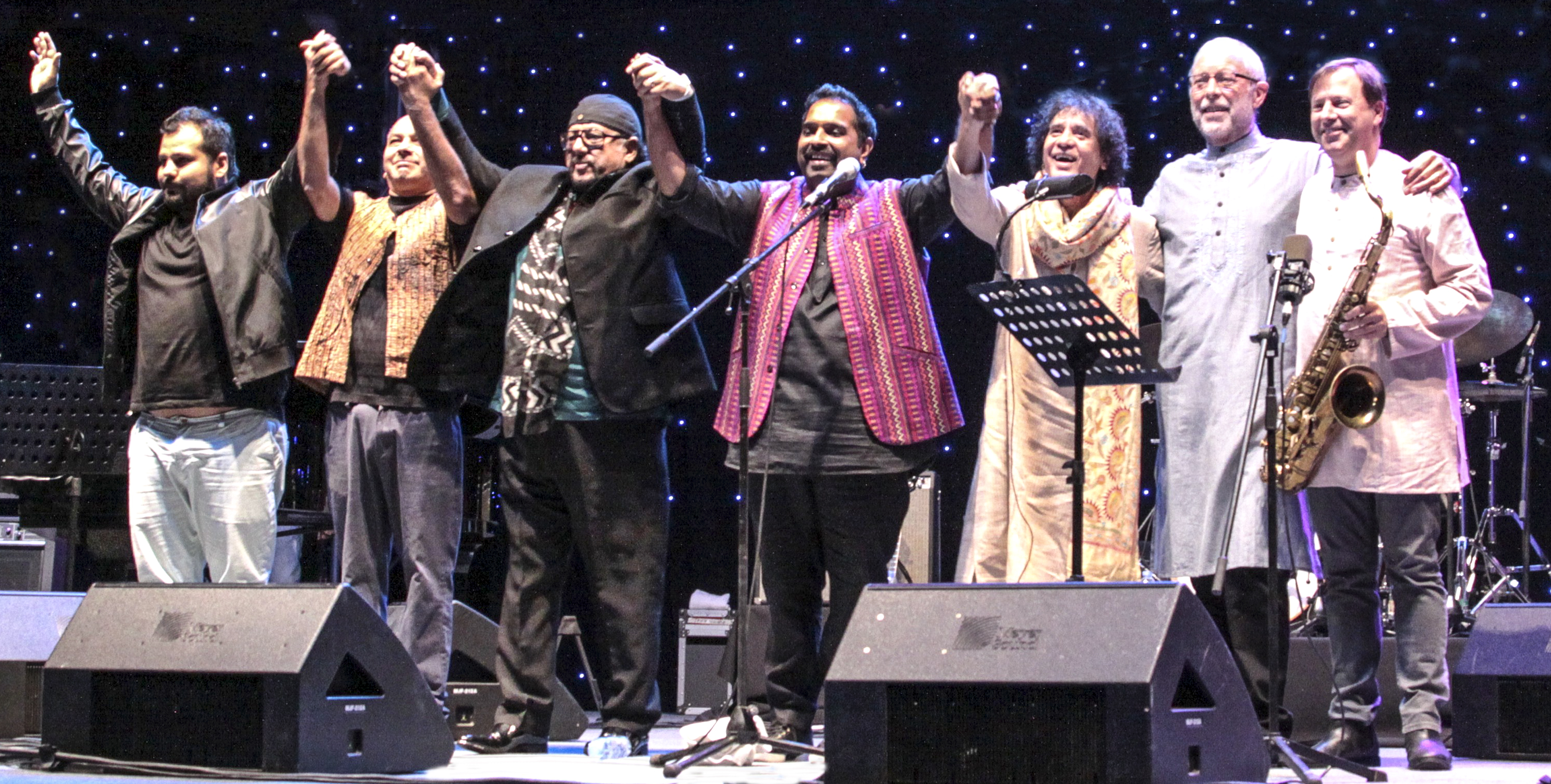
Crosscurrents [Photo credit RNH Events. Used by permission of La Jolla Music Society]
The concert resembled the perfect gourmet meal with seven discrete and complex courses, combined perfectly and served fresh and piping hot. The marvel of the outcome was that each course maintained its distinctive character and flavor but was subsumed into a gestalt that was significantly greater than the sum of its parts.
This was fusion at its finest. One of the seminal notions of post-modernism is aesthetic genre-bending or blending while hoping to achieve a new and serendipitous outcome. With Crosscurrents, the main influences were North and South Indian music with sophisticated straight-ahead jazz. A precursory glance at the personnel and mission statement portended intense complexity, which turned out to be a characteristic of the outcome but not the most memorable one.
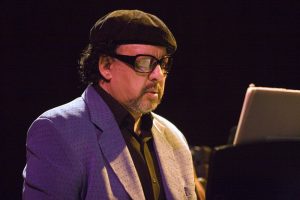
Luiz Banks [Photo credit RNH Events. Used by permission of La Jolla Music Society]
Luiz has been referred to as the “Father of Indian Jazz,” a moniker that I was not familiar with. His son demonstrates a deep fluency with both idioms and creates an impressive blend of both to bear.
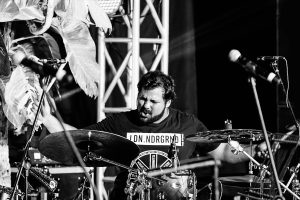
Gino Banks [Photo credit RNH Events. Used by permission of La Jolla Music Society]
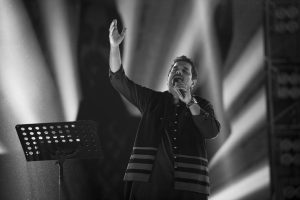
Shankar Mahadevan [Photo credit RNH Events. Used by permission of La Jolla Music Society]
The putative leader of the band is an equally astonishing musician, tabla legend Zakir Hussain who established his authority and credibility with a deft touch. Seeming to create an entire percussion orchestra with his ten fingers and limited percussion setup, Hussain was the perfect host and master of ceremonies for this ensemble of hyper-virtuosos. It was obvious to any sensitive listener that everyone on stage looked to him
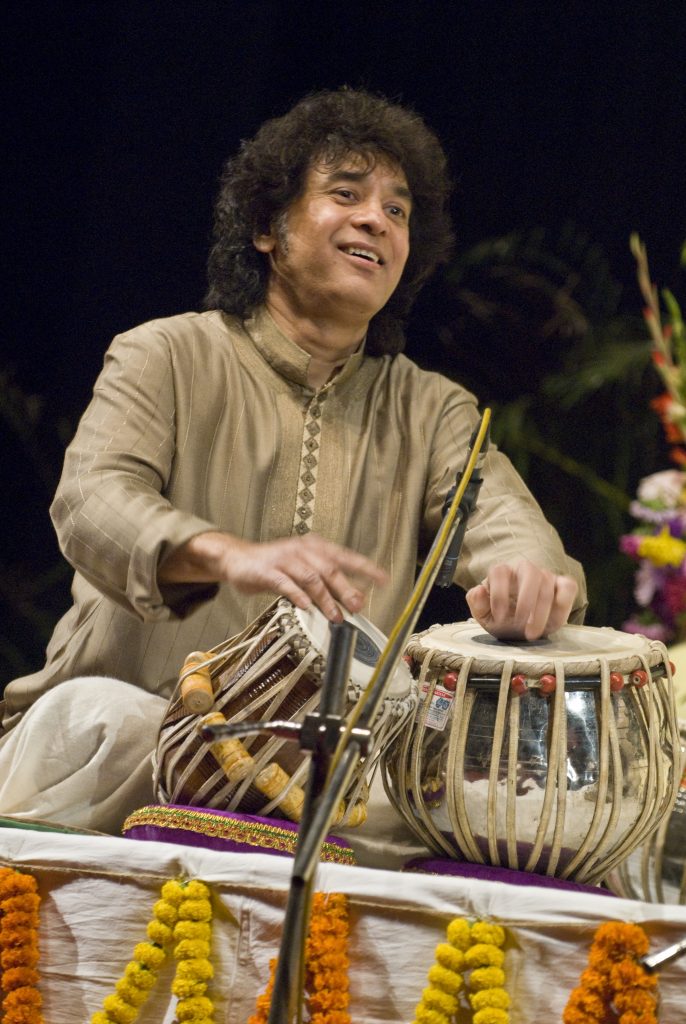
Zakir Hussain [Photo credit RNH Events. Used by permission of La Jolla Music Society]
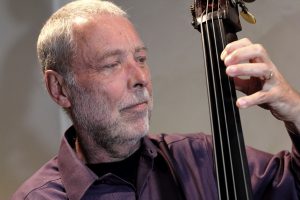
Dave Holland [Photo credit RNH Events. Used by permission of La Jolla Music Society]
Obviously, throwing an upright bass and a tenor/soprano saxophone into the volatile admixture of Indian singer, tabla, electric guitar (Mumbai native Sanjay Divecha), piano/keys and traps could have
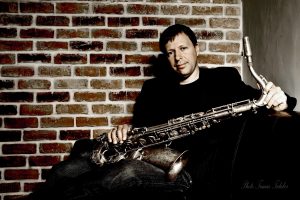
Chris Potter [Photo credit RNH Events. Used by permission of La Jolla Music Society]
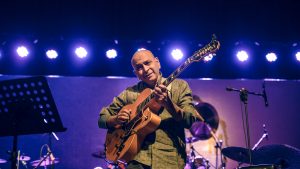
Sanjay Divecha [Photo credit RNH Events. Used by permission of La Jolla Music Society]
To the best of my knowledge, unfortunately, there is not yet a commercial recording of the band. One can only hope that this virtuoso ensemble is professionally documented in the very near future. It is the musical equivalent of lightning in a bottle.
The evening’s program:
- “ Shadows”
- “Rama Rama”
- “Door of Desire”
- “ Hope”
INTERMISSION
- “Chembur Funk”
- “ Finding the Light”
- “Radhe Rani”
- “Eena Meena”
- Tabla Solo
- “Encounter/Breathless”
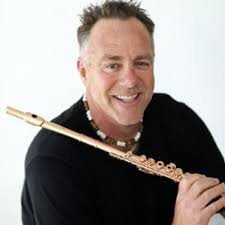
Yochanan Sebastian Winston, Ph.D. has performed throughout the United States, Europe and Latin America. His repertoire spans classical, jazz, klezmer, new age, contemporary, rock & roll and pop and is very active as a composer. Dr. Winston holds a Ph.D. from the UCSD, a Diplôme from the Conservatoire National de Region de Boulogne-Billancourt (France), and a Master’s and Bachelor’s of Music from the Manhattan School of Music in New York City.
